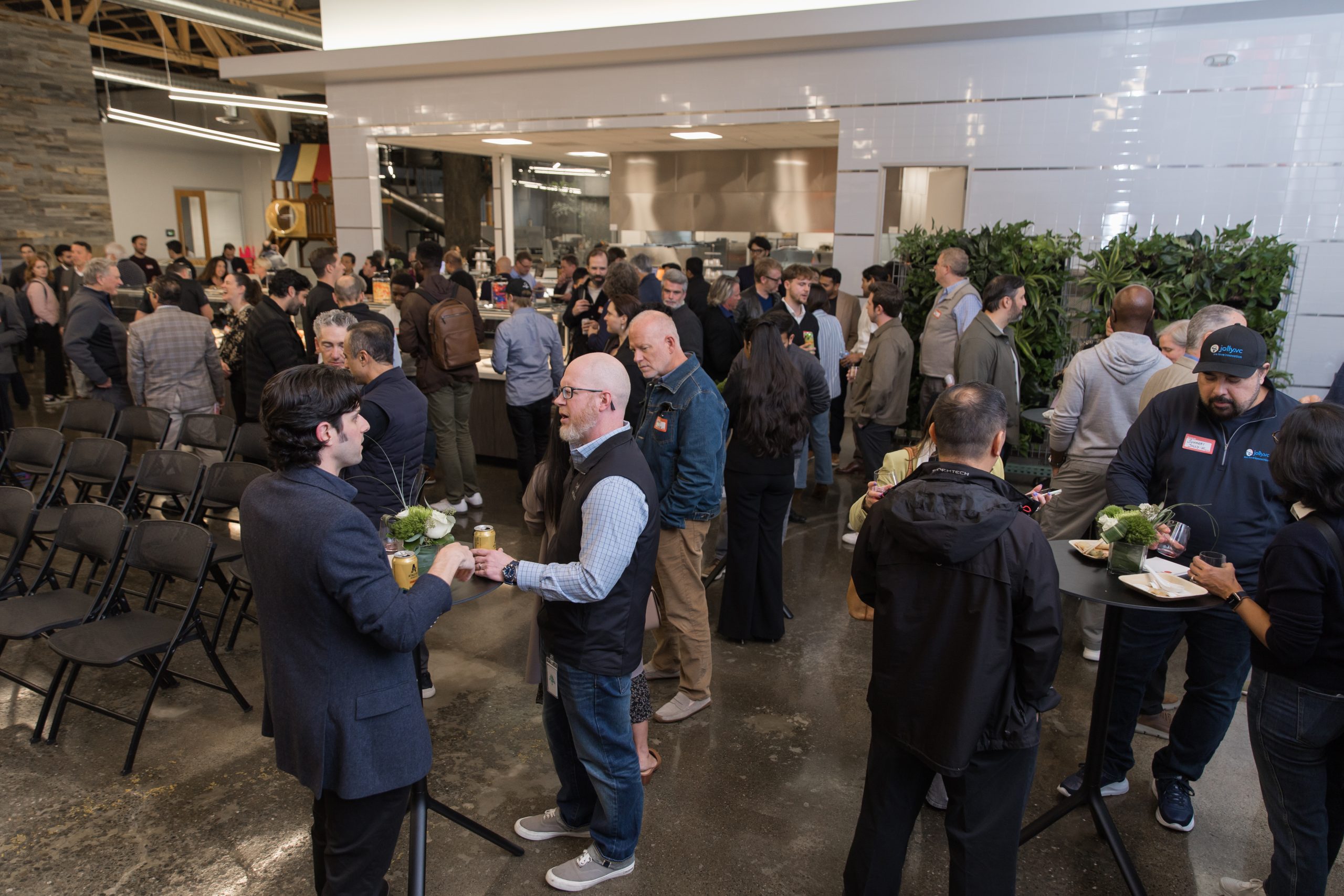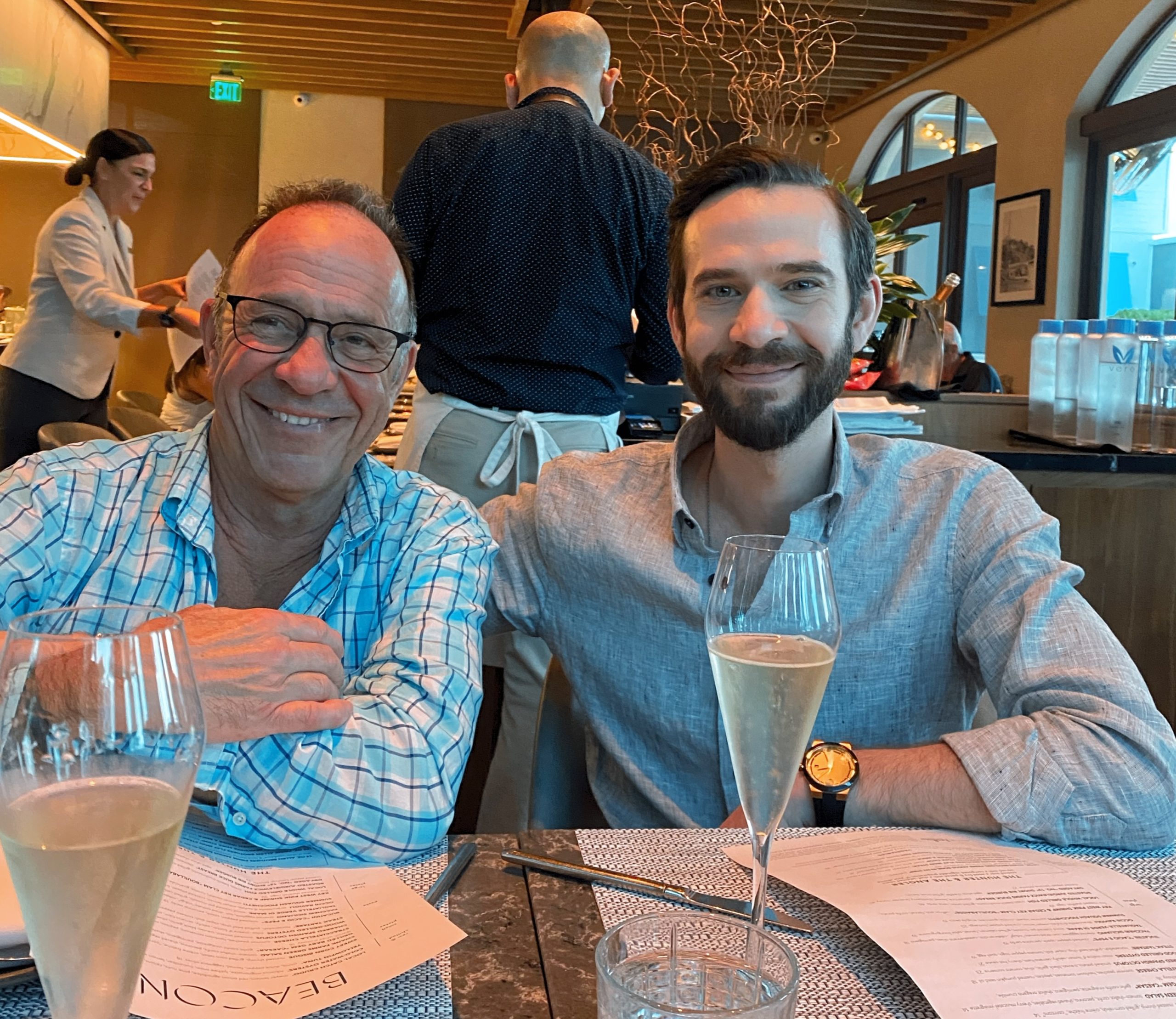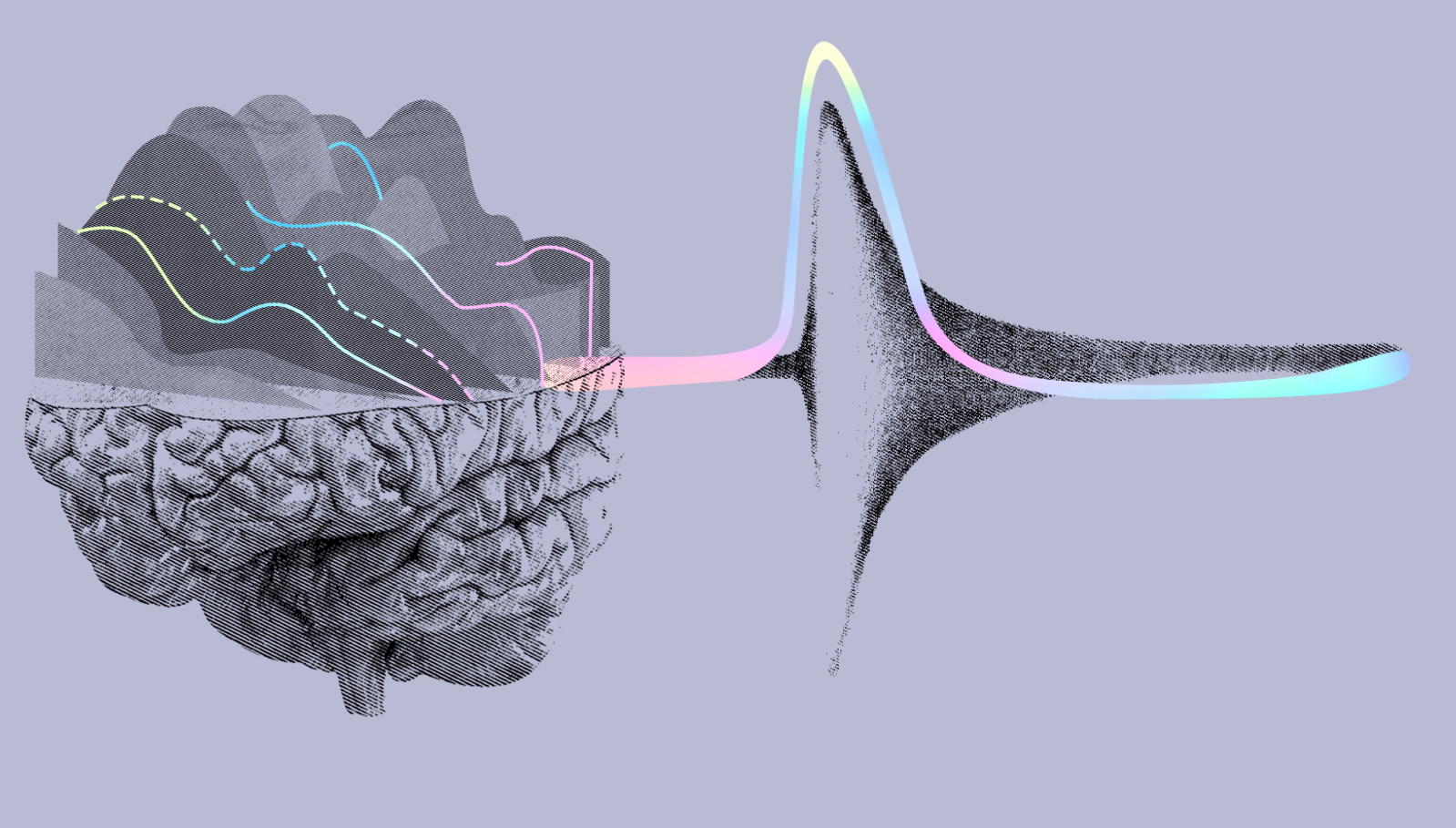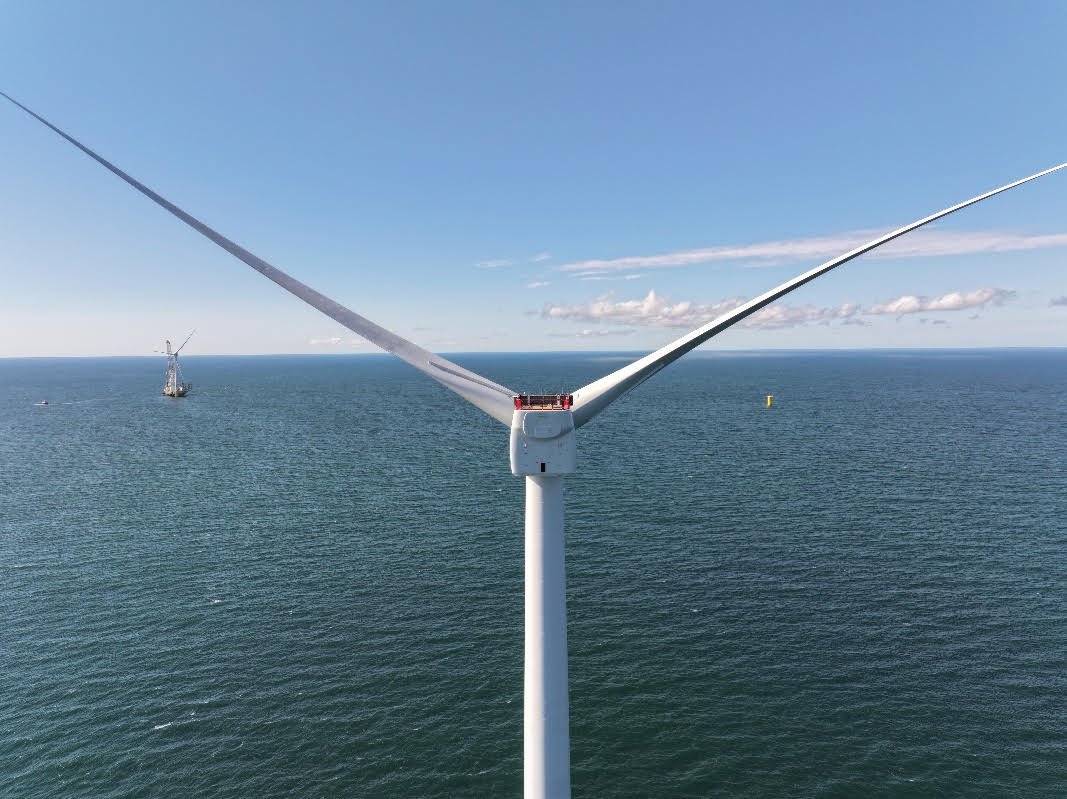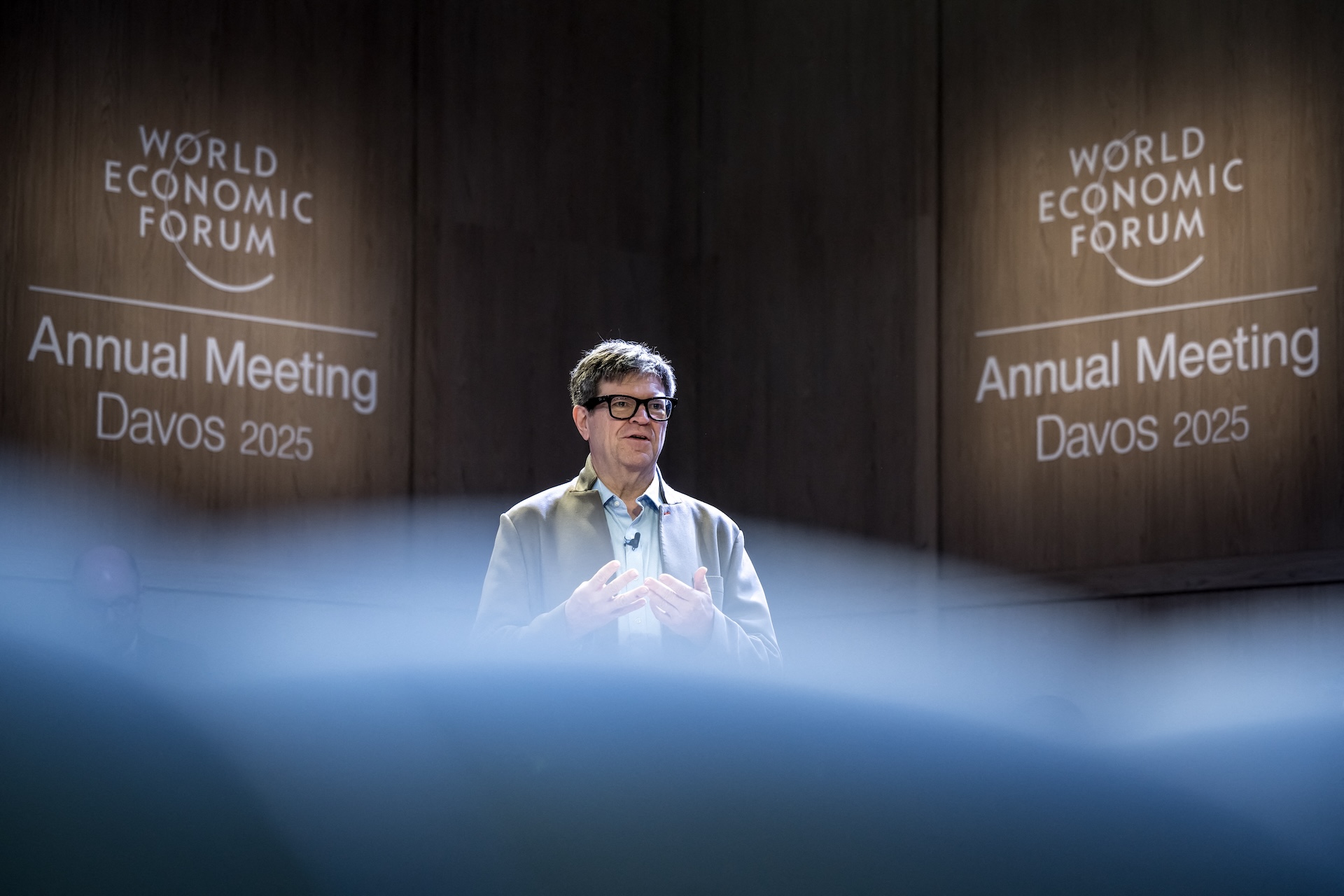
Yann LeCun, a pivotal figure in the evolution of artificial intelligence and Meta’s chief AI scientist, is reportedly planning to depart the tech giant to establish his own startup. This potential move, initially reported by the Financial Times citing anonymous sources, could reshape the landscape of advanced AI research, particularly in the burgeoning field of "world models" – a domain LeCun is passionate about pioneering further. His departure, anticipated within the coming months, would see him embark on a new entrepreneurial journey, reportedly already engaged in discussions to secure capital for his ambitious venture.
LeCun’s potential exit comes at a critical juncture for Meta and the broader AI community, marking a significant inflection point in the race to develop next-generation intelligent systems. As one of the "godfathers of AI," his influence extends far beyond corporate laboratories, shaping academic discourse and industry trends alike.
The Architect of Modern AI: LeCun’s Enduring Legacy
Yann LeCun’s name is synonymous with the deep learning revolution that has fundamentally transformed artificial intelligence over the past two decades. Born in France, LeCun’s academic and research journey led him to Bell Labs in the 1980s, a crucible of innovation where he conducted foundational work on convolutional neural networks (CNNs). These neural networks, designed to process data with a grid-like topology such as images, videos, and speech, were instrumental in enabling machines to "see" and interpret the world in increasingly sophisticated ways.
His early contributions, though ahead of their time, laid the groundwork for the explosion of computer vision applications we see today, from facial recognition to autonomous vehicle navigation. The breakthrough moment often cited is the ImageNet Large Scale Visual Recognition Challenge (ILSVRC) in 2012, where a CNN-based architecture known as AlexNet, developed by his collaborators Geoffrey Hinton and Alex Krizhevsky, dramatically outperformed traditional methods. This event is widely considered the catalyst for the mainstream adoption of deep learning.
In recognition of their groundbreaking work on deep learning, LeCun, alongside Yoshua Bengio and Geoffrey Hinton, was awarded the prestigious A.M. Turing Award in 2018, often dubbed the "Nobel Prize of computing." This honor cemented his status as one of the most influential minds in AI history. His decision to join Facebook AI Research (FAIR) in 2013 was a coup for the company, signaling a serious commitment to fundamental AI research and attracting top talent to the social media giant. Under his leadership, FAIR became a powerhouse of open-source AI innovation, contributing immensely to the academic community and pushing the boundaries of what machines could learn.
The Frontier of World Models: Beyond Large Language Models
The core of LeCun’s future endeavor lies in the development of "world models," a concept he believes represents the next major leap in AI intelligence. Unlike the current generation of large language models (LLMs) that excel at processing and generating text based on vast datasets, world models aim to endow AI systems with an intrinsic understanding of their environment. These systems would develop an internal, predictive model of the physical and abstract world, enabling them to simulate cause-and-effect scenarios and anticipate outcomes without explicit programming for every possibility.
Current LLMs, despite their impressive conversational abilities and content generation prowess, fundamentally operate as sophisticated pattern-matching engines. They can generate coherent and contextually relevant text, but they often lack true common sense, reasoning capabilities, or an understanding of the underlying physics and social dynamics of the real world. This limitation leads to "hallucinations" and logical inconsistencies, revealing their lack of genuine comprehension.
World models, conversely, seek to bridge this gap. Imagine an AI that can not only understand a description of a cup falling off a table but can also predict the trajectory, the sound it makes, and the potential for it to break, all based on an internal model of physics and material properties. This capability is crucial for developing truly intelligent agents that can interact robustly and autonomously with complex, unpredictable environments, such as robots operating in homes, self-driving cars navigating city streets, or AI assistants capable of planning and executing multi-step tasks in the real world.
The pursuit of world models represents a significant scientific challenge, requiring advancements in areas like multimodal learning (integrating vision, text, and other sensory data), causal inference, and robust predictive modeling. Leading research institutions and tech giants like Google DeepMind and various startups are also heavily invested in this area, recognizing its potential to unlock unprecedented levels of AI capability and perhaps even pave the way towards artificial general intelligence (AGI). LeCun’s decision to focus his independent efforts here underscores his conviction that this path, rather than merely scaling up existing LLM architectures, holds the key to the future of AI.
Meta’s AI Crossroads: Strategic Shifts and Internal Tensions
LeCun’s reported departure would occur during a period of intense strategic realignment within Meta’s formidable AI division. The company, under CEO Mark Zuckerberg, has been aggressively retooling its approach to AI development, largely in response to the rapid advancements made by competitors such as OpenAI, Google, and Anthropic. The unveiling of OpenAI’s ChatGPT ignited a generative AI arms race, pushing Meta to accelerate its own efforts and potentially re-evaluate its long-standing emphasis on open-source, fundamental research.
Meta’s previous generation of AI models, exemplified by Llama 4, while robust and widely adopted in the open-source community, was perceived by some as failing to keep pace with the breakthrough capabilities of rival, often proprietary, models. This assessment appears to have spurred a dramatic overhaul. The company has reportedly embarked on a significant restructuring of its AI organization, including an aggressive recruitment drive that saw over 50 engineers and researchers poached from competitors.
Central to this new strategy is the establishment of Meta Superintelligence Labs (MSL), a dedicated unit focused on developing advanced AI capabilities, potentially with a more product-oriented and rapid deployment mandate. Further emphasizing this shift, Meta made a substantial $14.3 billion investment in data-labeling vendor Scale AI, and notably brought its CEO, Alexandr Wang, on board to lead the new MSL division. This move signals a pivot towards integrating cutting-edge research with scalable data infrastructure and agile development.
However, these rapid changes have not been without their challenges. Anonymous sources cited in reports have indicated a period of increasing "chaos" within Meta’s AI unit. New hires, accustomed to the fast-paced, often leaner environments of startups, have reportedly expressed frustration navigating the complex bureaucracy of a large corporate structure. Simultaneously, the scope of work for Meta’s existing generative AI teams, particularly those within the Fundamental AI Research (FAIR) division that LeCun helped establish, has reportedly been constrained or overshadowed by the new MSL mandate. This tension between long-term, fundamental research (FAIR) and accelerated, product-focused "superintelligence" development (MSL) appears to be a defining characteristic of Meta’s current AI landscape.
LeCun’s Skepticism: A Philosophical Divide
A key element in understanding LeCun’s potential move lies in his openly critical stance regarding the current hype surrounding large language models. While acknowledging their utility, he has consistently expressed skepticism about marketing LLMs as the ultimate solution for all of humankind’s challenges, or even as genuinely intelligent systems. His views often challenge the prevailing narrative that simply scaling up existing architectures will lead to artificial general intelligence.
LeCun famously articulated this perspective, stating on social media that before "urgently figuring out how to control AI systems much smarter than us," the community first needs "the beginning of a hint of a design for a system smarter than a house cat." This pointed remark underscores his belief that current AI systems, including advanced LLMs, lack fundamental capabilities such as true common sense, robust reasoning, and an understanding of the physical world – attributes even a basic animal possesses. He advocates for a paradigm shift, moving beyond text-centric models to architectures that can learn through interaction and observation, much like humans and animals develop intelligence.
His philosophical alignment with long-term, fundamental research, combined with his critical assessment of current AI trends, suggests a potential divergence from Meta’s accelerated, more product-driven approach. While Meta, like other tech giants, aims for "superintelligence," LeCun’s vision emphasizes building robust foundational intelligence first, rather than pursuing scale without a clear pathway to genuine understanding. This intellectual chasm could be a significant motivator for seeking an independent environment where he can pursue his research agenda unfettered.
Market and Social Repercussions of a Luminary’s Exit
The potential departure of a figure as prominent as Yann LeCun from a major technology company like Meta carries significant implications for both the corporate AI landscape and the broader scientific community.
Firstly, it highlights the intense competition for top AI talent and the evolving dynamics within leading AI labs. The loss of a Turing Award winner and a pioneer of deep learning is undeniably a blow to Meta’s long-term research credibility, even amidst its aggressive hiring spree for MSL. It could also signal to other senior researchers that the corporate environment, especially one undergoing rapid strategic shifts, may not always be conducive to fundamental, long-term scientific inquiry. This could potentially trigger a "talent drain" or encourage other academics within corporate structures to consider independent ventures.
Secondly, LeCun’s new startup, focusing squarely on world models, could significantly energize this particular subfield of AI. His prestige and expertise will likely attract substantial investment and top research talent, accelerating innovation in an area that many believe holds the key to moving beyond current LLM limitations. This could intensify competition among various approaches to next-generation AI, potentially shifting the focus of research funding and academic interest towards embodied AI and predictive world models.
Thirdly, LeCun’s independent pursuit of world models might validate his long-held belief that the path to true intelligence lies beyond merely scaling up existing language models. His venture could serve as a high-profile experiment, demonstrating whether a focused, independent research entity can make breakthroughs that larger, more diversified corporate labs might struggle with due to competing priorities or internal pressures.
From a social and cultural perspective, this development underscores the ongoing philosophical debate within the AI community about the nature of intelligence and the most effective pathways to achieving advanced AI. It emphasizes the tension between commercial imperatives to rapidly deploy powerful, albeit limited, AI applications and the deeper scientific quest for foundational understanding and robust, generalizable intelligence. LeCun’s move is a powerful statement about where he believes the true future of AI lies.
The Path Forward for AI
Yann LeCun’s reported decision to leave Meta and launch his own world model startup is more than just a personnel change; it’s a potential inflection point for the field of artificial intelligence. It highlights the dynamic tension between fundamental research and rapid commercialization, the strategic pivots of tech giants in a hyper-competitive landscape, and the enduring vision of pioneers who believe in a different, perhaps more profound, path to machine intelligence.
While Meta has not yet commented on the reports, the ramifications of such a move are clear. For Meta, it necessitates a recalibration of its long-term AI strategy and a potential re-evaluation of how it balances product-driven innovation with foundational research. For the broader AI community, it heralds a renewed focus on world models and a fascinating experiment in how an independent, visionary leader can push the boundaries of what AI can achieve, potentially steering the entire field toward a new era of intelligence that truly understands and interacts with the world. The quest for AI that is "smarter than a house cat" continues, and LeCun is seemingly determined to lead the charge from a new, independent vantage point.


